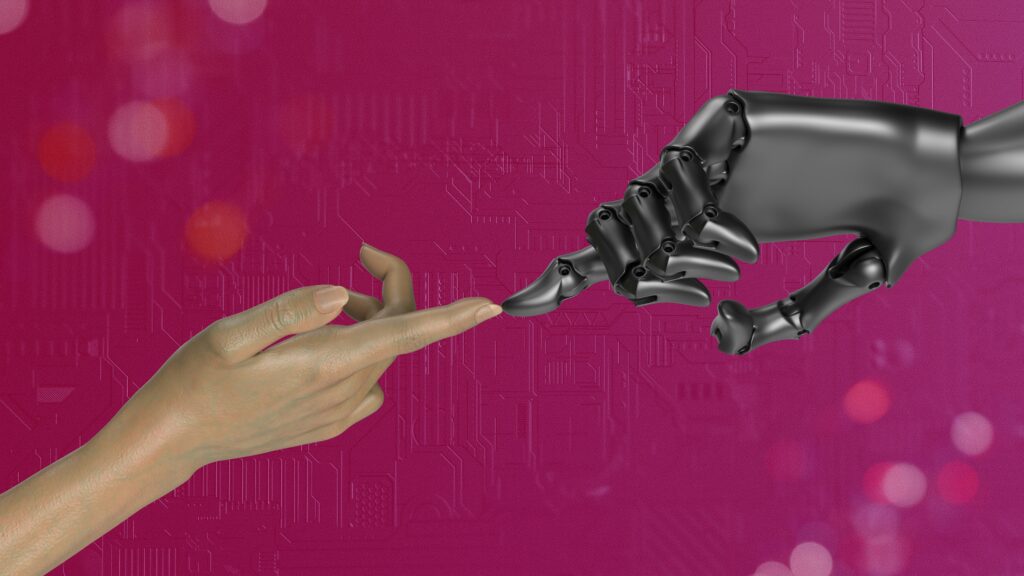Will AI replace humans
Artificial Intelligence (AI) has rapidly evolved over the past few decades, transforming industries and reshaping the way we live and work. As AI systems become more sophisticated, a common question arises: Will AI replace humans?

Understanding AI’s Capabilities and Limitations
AI excels at processing large amounts of data quickly, recognizing patterns, and performing repetitive tasks with high accuracy. In fields like manufacturing, customer service, and data analysis, AI-driven automation has already led to increased efficiency and reduced human error.
However, AI lacks human qualities such as creativity, empathy, and moral reasoning. While machines can simulate certain aspects of human behavior, they do not possess consciousness or genuine understanding. This distinction is crucial when considering the potential for AI to replace humans fully.
Jobs at Risk and Jobs That Will Evolve
Certain jobs that involve routine, repetitive tasks are more susceptible to automation. Roles in assembly lines, data entry, and simple customer interactions may diminish as AI systems become more capable.
Conversely, jobs that require complex decision-making, emotional intelligence, and creative problem-solving are less likely to be replaced. Instead, these roles may evolve, with humans working alongside AI to enhance productivity. For example, doctors might use AI to analyze medical images more accurately, but the human touch in patient care remains irreplaceable.
The Importance of Human-AI Collaboration
Rather than viewing AI as a replacement, it is more productive to see it as a tool that can augment human capabilities. AI can handle mundane tasks, freeing humans to focus on innovation, strategic thinking, and interpersonal relationships.
Preparing for the Future
To thrive in an AI-driven world, individuals and organizations should invest in continuous learning and adaptability. Developing skills that complement AI—such as critical thinking, creativity, and emotional intelligence—will be essential.
